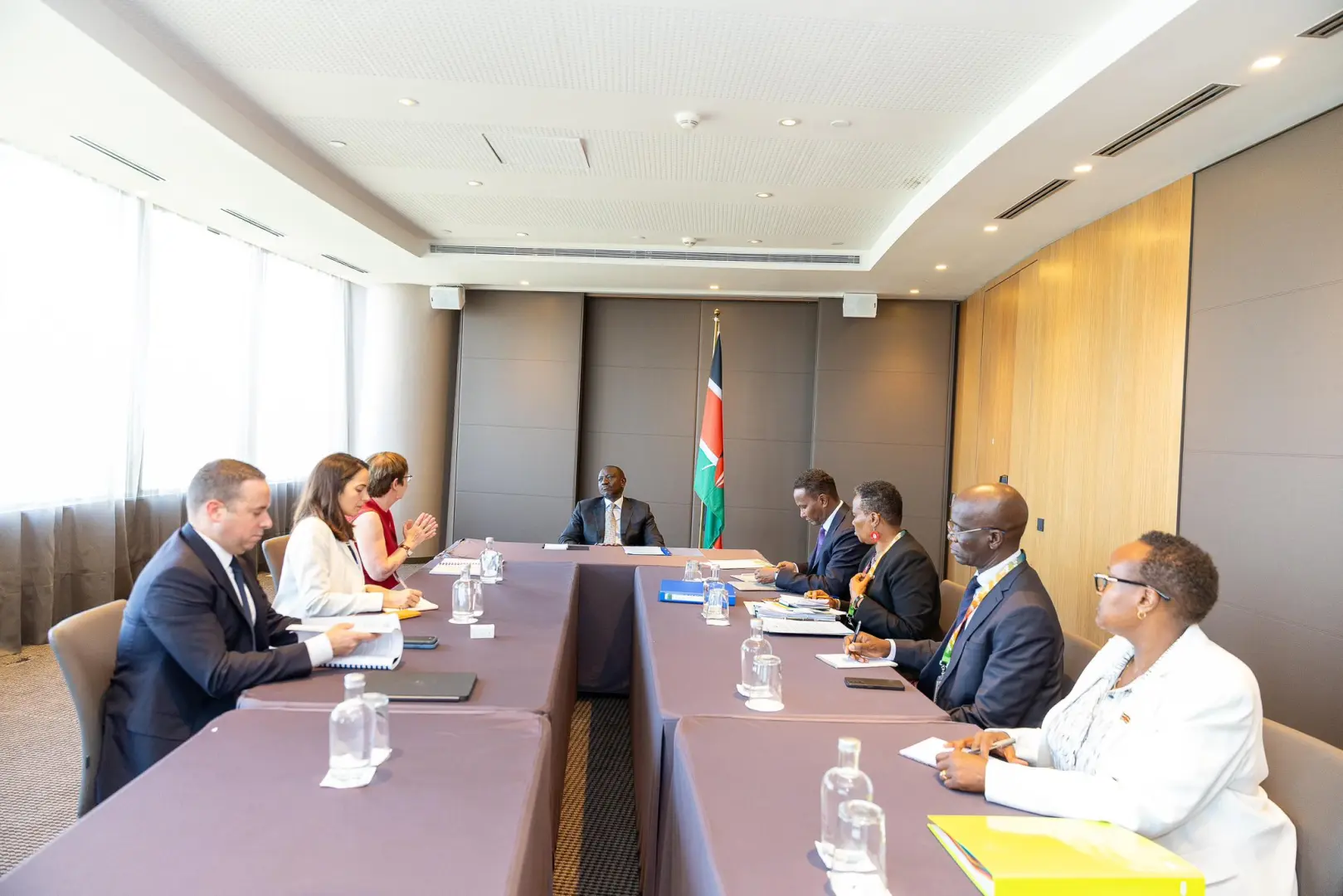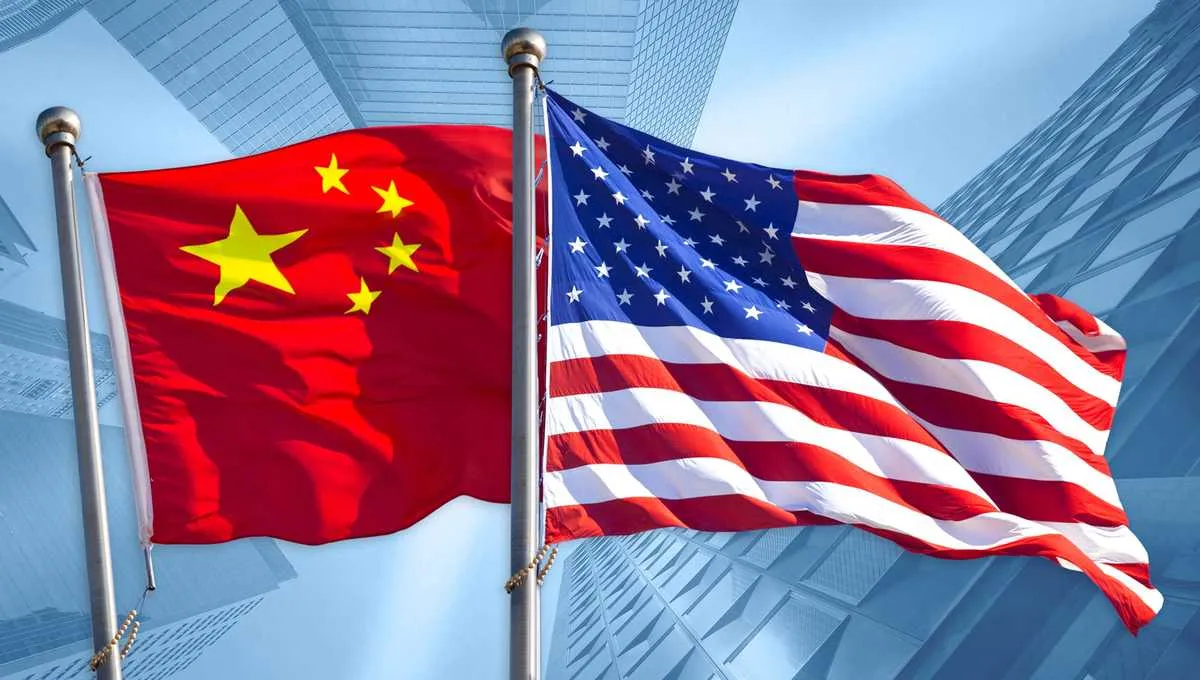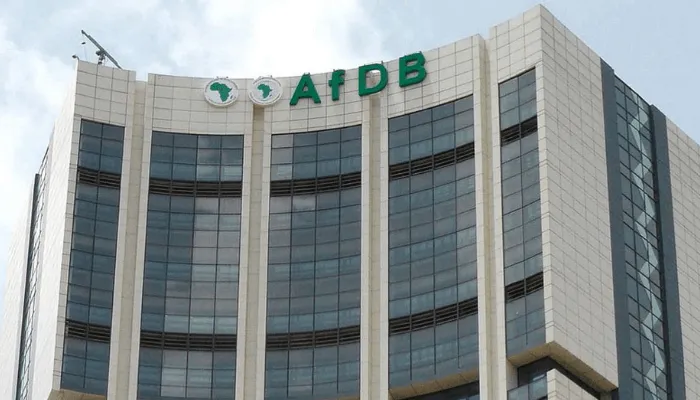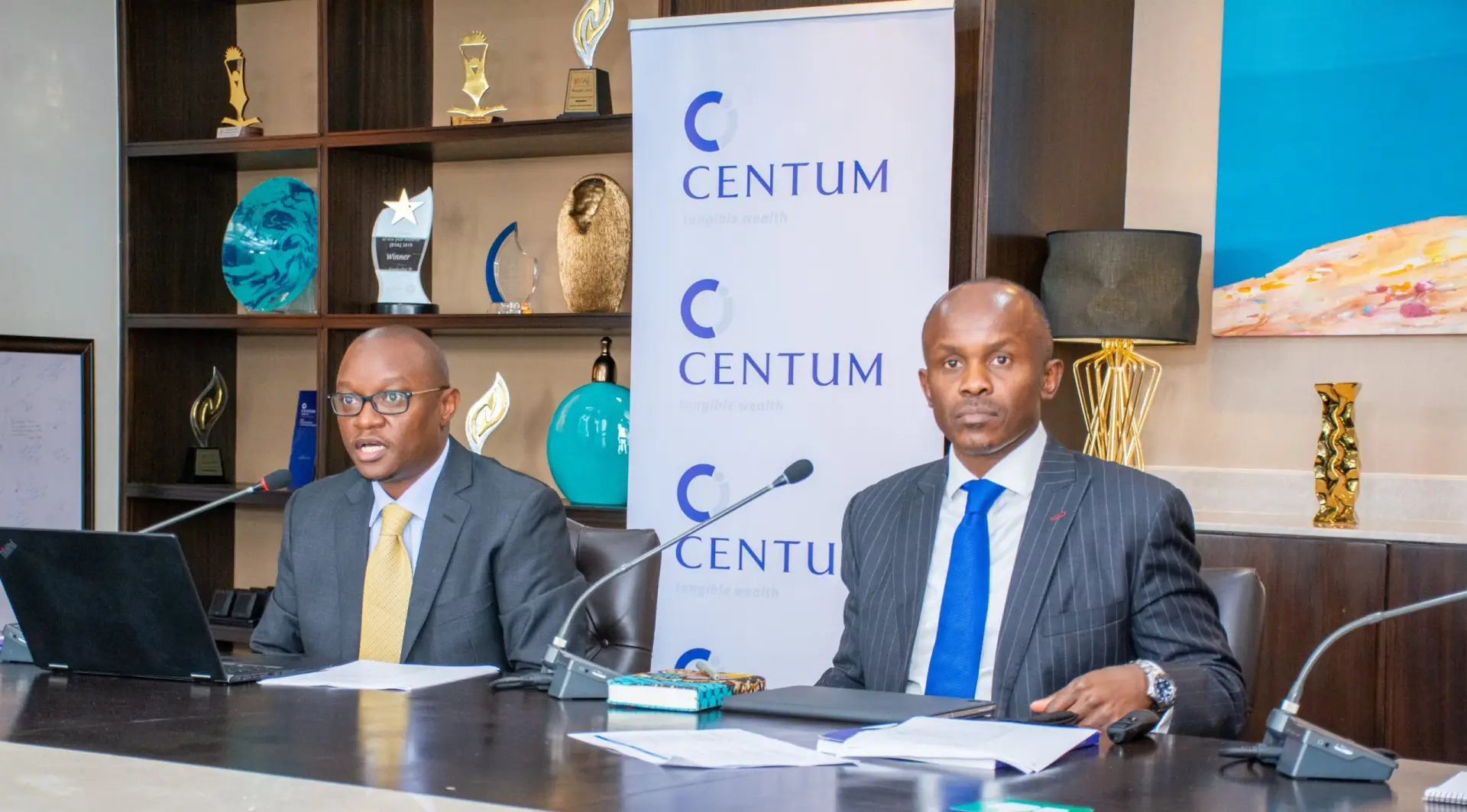On Tuesday, October 16, 2024, the World Bank took a significant step in enhancing its capacity to assist developing countries. By altering its internal lending rules, the bank is now set to unlock an additional $30 billion in lending capacity over the next decade. This change, led by World Bank President Ajay Banga, is part of a broader effort to address pressing global issues such as climate change, economic instability, pandemics, and more.
Increasing Lending Capacity
The changes to the World Bank’s International Bank for Reconstruction and Development (IBRD) arm involve reducing its equity-to-lending ratio by one percentage point—from 19% to 18%—allowing the institution to take on more risk without compromising its financial stability. This change, although seemingly small, is set to have a substantial impact, potentially increasing the bank’s overall lending capacity by $150 billion over the next seven to ten years. This is critical, as developing nations are projected to need over $3 trillion annually to tackle ongoing global challenges like climate change, future pandemics, and other crises, according to estimates by experts.
The IBRD had previously reduced its equity-to-lending ratio in 2023 from 20% to 19%, indicating a steady approach toward enhancing the bank’s ability to lend more while managing risks prudently. Banga emphasized that the World Bank would continue exploring further options, including new financial instruments such as hybrid capital, to further optimize its balance sheet and possibly expand lending even more in the future.
World Bank’s Reform Efforts and the Global Context
The World Bank’s latest decision is part of a broader push for reforms within the institution, which have been increasingly demanded by G20 economies and other global stakeholders. These reforms are critical as the world faces a variety of interconnected challenges. The war in Ukraine, escalating conflicts in the Middle East, mounting debt levels in many countries, and worsening climate disasters highlight the need for agile and increased financial support from global institutions like the World Bank.
Notably, Banga pointed out that a significant future challenge would be the creation of nearly 800 million jobs over the next decade, to accommodate 1.2 billion people entering the workforce globally. This job deficit, if not addressed, could lead to greater economic instability, particularly in emerging markets.
Another looming concern is the high level of debt burden faced by many low- and middle-income countries. With growing global inflationary pressures and financial instability, many of these nations are finding it increasingly difficult to meet debt obligations, while also investing in essential areas like infrastructure, healthcare, and education. By expanding its lending capacity, the World Bank hopes to provide a lifeline to many of these countries, enabling them to undertake vital development projects without exacerbating their debt crises.
Strengthening Support for the Poorest Nations
In addition to the changes to its lending capacity, the World Bank is focusing on replenishing the International Development Association (IDA), which provides concessional loans and grants to the world’s poorest countries. Banga revealed that the bank is aiming for a replenishment target of $120 billion. While this figure is ambitious, it is considered achievable, particularly in light of contributions from countries like Denmark, which has already pledged a 40% increase in its support.
The IDA’s replenishment is seen as essential for enabling the world’s poorest nations to combat the effects of climate change, improve healthcare systems, and build resilient economies. Many of these countries are grappling with severe economic hardships, worsened by the global rise in inflation and a stronger U.S. dollar, which has made debt servicing even more challenging.
In the context of the broader global financial landscape, replenishing the IDA is critical. With rising inequality and disproportionate impacts of climate change on low-income nations, the need for concessional finance has never been greater. Banga and his team are optimistic about the prospects of securing the necessary funds, and they continue to engage with potential donor nations. The United States, as the largest shareholder of the World Bank, is expected to play a significant role in this process, with U.S. Treasury Secretary Janet Yellen expressing support for the reforms being undertaken.
Making Borrowing Easier and More Affordable
A key part of the World Bank’s reforms is aimed at making loans more accessible and affordable for developing countries. As part of its new pricing policies, the bank will offer discounted rates for short-term loans with a maturity of seven years. Additionally, the lowest lending rates will be extended to smaller, more vulnerable states—those often hit hardest by economic shocks and climate-related disasters.
This focus on lowering the cost of borrowing for struggling nations is crucial as many are already burdened by unsustainable debt levels. By making loans more affordable, the World Bank hopes to ensure that countries can access the funds they need to address critical development challenges without becoming ensnared in debt traps.
Moreover, the bank is working on improving its internal efficiency, aiming to reduce the time it takes for project proposals to move through the approval process. Historically, it took around 19 months for projects to get the green light from the board, but under Banga’s leadership, this timeline has been reduced to 16 months, with the goal of cutting it further to 12 months. Some projects have even been fast-tracked and approved in under a year, reflecting the bank’s commitment to delivering timely support to countries in need.
A Job Crisis on the Horizon
One of the most alarming challenges identified by Banga is the looming global jobs crisis. With over 1.2 billion people expected to enter the workforce in the next decade, there will be a significant shortfall of jobs if current trends continue. This gap could exacerbate poverty, inequality, and social unrest, particularly in developing and emerging economies where job creation is already slow.
To address this challenge, the World Bank has established a new job council, which will be led by Singapore President Tharman Shanmugaratnam and former Chilean President Michelle Bachelet. The council will focus on devising strategies to create more jobs and promote inclusive growth, ensuring that the global workforce can find meaningful employment in the coming years.
The jobs council is scheduled to hold its first meeting during the upcoming annual meetings of the International Monetary Fund (IMF) and the World Bank. Its establishment reflects the World Bank’s recognition that economic stability and growth cannot be achieved without addressing the fundamental issue of job creation.
A Comprehensive Approach to Global Development
Overall, the World Bank’s recent reforms, spearheaded by Ajay Banga, reflect a broader effort to adapt to the rapidly changing global landscape. As challenges like climate change, geopolitical conflicts, and pandemics continue to strain the resources of developing nations, the need for institutions like the World Bank to provide support is more urgent than ever.
Through increasing its lending capacity, focusing on replenishing funds for the poorest nations, and making borrowing more accessible, the World Bank is positioning itself to play a critical role in the global development agenda. However, success will depend not only on the reforms currently being implemented but also on the continued commitment of shareholder nations and donor countries.
As Banga continues to push for innovation within the institution, the World Bank remains a key player in the global effort to combat poverty, inequality, and environmental degradation. With the right reforms, funding, and leadership, the institution can help shape a more resilient and equitable global economy for future generations.
Ignite Your Future with Serrari Group! 🚀
Ready to take your career to the next level? Join our dynamic courses: ACCA, HESI A2, and ATI TEAS 7! 🌟 Dive into a world of opportunities and empower yourself for success. Explore more at Serrari Ed and start your exciting journey today! ✨
Photo source: Google
By: Montel Kamau
Serrari Financial Analyst
16th October, 2024
Article, Financial and News Disclaimer
The Value of a Financial Advisor
While this article offers valuable insights, it is essential to recognize that personal finance can be highly complex and unique to each individual. A financial advisor provides professional expertise and personalized guidance to help you make well-informed decisions tailored to your specific circumstances and goals.
Beyond offering knowledge, a financial advisor serves as a trusted partner to help you stay disciplined, avoid common pitfalls, and remain focused on your long-term objectives. Their perspective and experience can complement your own efforts, enhancing your financial well-being and ensuring a more confident approach to managing your finances.
Disclaimer: This article is for informational purposes only and does not constitute financial advice. Readers are encouraged to consult a licensed financial advisor to obtain guidance specific to their financial situation.
Article and News Disclaimer
The information provided on www.serrarigroup.com is for general informational purposes only. While we strive to keep the information up to date and accurate, we make no representations or warranties of any kind, express or implied, about the completeness, accuracy, reliability, suitability, or availability with respect to the website or the information, products, services, or related graphics contained on the website for any purpose. Any reliance you place on such information is therefore strictly at your own risk.
www.serrarigroup.com is not responsible for any errors or omissions, or for the results obtained from the use of this information. All information on the website is provided on an as-is basis, with no guarantee of completeness, accuracy, timeliness, or of the results obtained from the use of this information, and without warranty of any kind, express or implied, including but not limited to warranties of performance, merchantability, and fitness for a particular purpose.
In no event will www.serrarigroup.com be liable to you or anyone else for any decision made or action taken in reliance on the information provided on the website or for any consequential, special, or similar damages, even if advised of the possibility of such damages.
The articles, news, and information presented on www.serrarigroup.com reflect the opinions of the respective authors and contributors and do not necessarily represent the views of the website or its management. Any views or opinions expressed are solely those of the individual authors and do not represent the website's views or opinions as a whole.
The content on www.serrarigroup.com may include links to external websites, which are provided for convenience and informational purposes only. We have no control over the nature, content, and availability of those sites. The inclusion of any links does not necessarily imply a recommendation or endorsement of the views expressed within them.
Every effort is made to keep the website up and running smoothly. However, www.serrarigroup.com takes no responsibility for, and will not be liable for, the website being temporarily unavailable due to technical issues beyond our control.
Please note that laws, regulations, and information can change rapidly, and we advise you to conduct further research and seek professional advice when necessary.
By using www.serrarigroup.com, you agree to this disclaimer and its terms. If you do not agree with this disclaimer, please do not use the website.
www.serrarigroup.com, reserves the right to update, modify, or remove any part of this disclaimer without prior notice. It is your responsibility to review this disclaimer periodically for changes.
Serrari Group 2025





